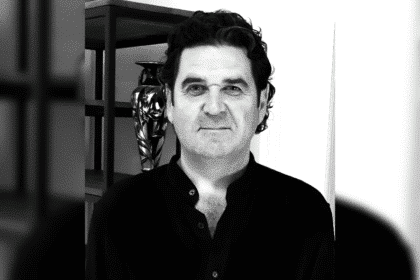Over the past few years, there has been an increase in the discussion of mental health on social media. And during the coronavirus pandemic, when professional services halted and people turned online to seek support, socialise and share updates about their lives, the number of social media posts that mentioned “mental health” grew by 80.53 per cent.
With 755 million active users, TikTok is one of the world’s most popular social media platforms, particularly among adolescents and young adults.
Its unique format of presenting an endless algorithmic feed of easily digestible, looping videos, each less than three minutes long, has enabled people from around the world to create content that has the potential to reach millions of viewers. While the platform features Vine-esque memes and YouTube-style hauls and is famous for its #DanceChallenge, there is also a wealth of content around mental health. A tag which has amassed over 53.9 billion views.
While creating content around mental health can help reduce the associated prejudices, it also has downsides, such as self-diagnosing and preventing people from seeking further help. And of course, not all content on social media is accurate, and consuming misinformation can be potentially harmful.
But how do you separate useful information from unreliable information? PlushCare had medically trained professionals analyse 500 TikTok videos to reveal the numbers behind mental health misinformation on the platform. Read the results in full HERE.
Key findings include:
- 83.7 per cent of mental health advice on TikTok is misleading. While 14.2 per cent of videos include content that could be potentially damaging.
- 100 per cent of the content for ADHD contained misleading information, the most of any condition in the analysis.
- Content covering bipolar disorder (94.1 per cent of videos) and depression (90.3 per cent of videos) were also found to be highly misleading.
-
While experts concluded that 54 per cent of advice contained accurate information, 31 per cent of videos contained inaccurate information.
- Only nine per cent of TikTokers advising on the platform had a relevant qualification, with the remaining 91 per cent lacking the medical training to support those with challenges.
Here’s some of the infographics from the results.














